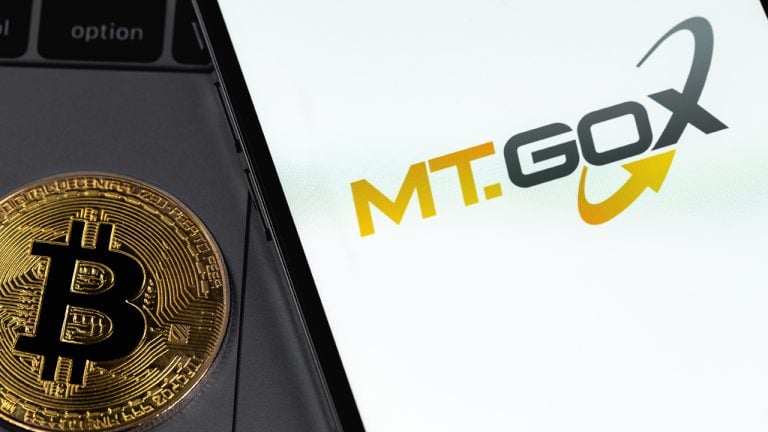
With 11 megalopolises and three currencies, Guangdong, Hong Kong and Macao make up a region that is ripe for CBDC research.
British multinational bank Standard Chartered and PwC China have teamed up to produce a white paper on applications for central bank digital currency (CBDC) in the so-called Greater Bay Area of China – Guangdong Province, Hong Kong and Macao. Programmability will make all the difference, they concluded.
The Greater Bay Area (GBA) presented an interesting test case because of the multiple currencies used in multiple jurisdictions. Macao uses the pataca, whereas Hong Kong uses the Hong Kong dollar and China the yuan. About 3.8 trillion yuan (US$535 billion) of cross-border trade was carried out in the region in 2021, according to the report.
Programmable CBDC has been under investigation in Hong Kong. It offers a range of advantages, the report said:
“The successful launch of programmable use cases in the GBA could provide a foundational framework for how other CBDCs could interact in cross-border commercial scenarios.”
“Widespread commercial adoption hinges on collective efforts between industry participants to better serve their customers,” the report added. CBDC smart contracts could be launched in the implementation of cross-border trade, in the supply chain for invoice settlement and added currency flexibility, and by retailers for streamlining service and loyalty programs by using a single multicurrency wallet.
Related: Hong Kong unveils completed retail CBDC project that has a CBDC-backed stablecoin
The report looked at CBDC-based loyalty programs in detail. More user-friendly loyalty programs would benefit smaller retailers whose programs consumers would otherwise be less likely to enroll in. Payment service providers could also take advantage of smart contracts for Know Your Customer (KYC) processes, the report said.
#Shenzhen and #Guangzhou ranked third and fourth behind Beijing and Shanghai, while all 11 cities in the #Guangdong-Hong Kong-Macao Greater Bay Area made the 2022 Chinese Cities of Opportunity report released by world-leading consultancy @PwC. #GDupdates #GBAfocus [/IC] pic.twitter.com/6KF1fkOUcH
— Info Guangdong (@iGuangdong) September 6, 2022
The Hong Kong Monetary Authority recently launched an e-HKD CBDC pilot project that looks at a range of use cases, including tokenization.
Magazine: Ripple, Visa join HK CBDC pilot, Huobi accusations, GameFi token up 300%: Asia Express














